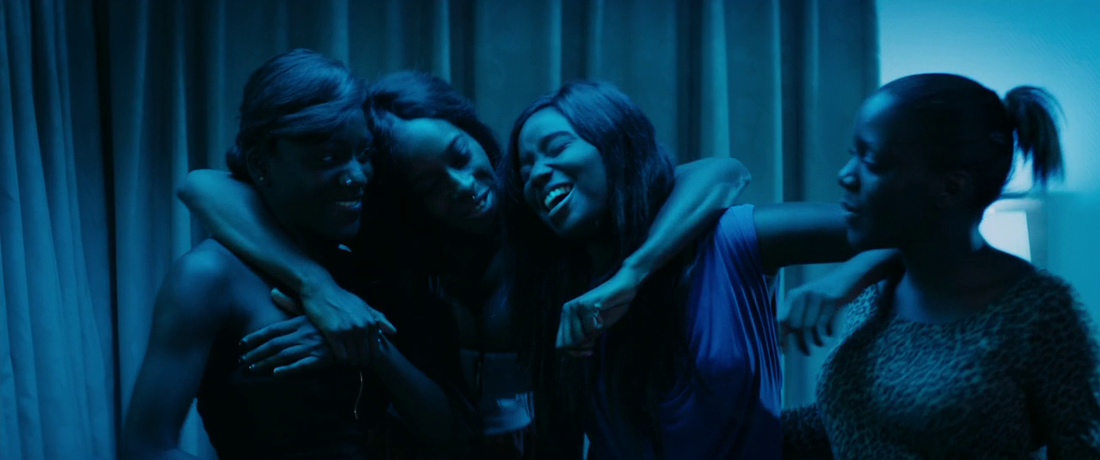“To avoid criticism say nothing, do nothing, be nothing.” ― Aristotle This week we delivered 10 main beats for our feature idea.... and then threw them out the window.
By setting aside the constrictions of the beat-sheet structure, we can approach the story from another angle, with methods that will flesh out the character's emotional through-line, finding new ways to apply pressure to the situation, upping the stakes and jeopardy with every event. This means research and specifics, mood-boards and soundscapes. Not what the protagonist is like, but what they do, habitually, off camera. What makes them attractive, why do the characters fall in love and why should we, as an audience, fall for them? Every major beat should make our characters reassess each other. In the afternoon we talked negative pickup, soft money, equity and debt... and how if you want to get your film made, you should be thinking about how to get your film sold.... it's the same thing. Fun fact [see also very sad fact]: The individual to make most profit from a single film was *drumroll* Mel Gibson for Passion of the Christ, because he put the money up for production himself, and distributed it himself through his own company, Icon. He made $650m from that one film. So the moral of the story is that if you want to make money in this industry, try being a rich anti-semitic movie-star.
1 Comment
31/8/2022 06:30:33 am
anks for sharing the article, and more importantly, your personal experience mindfully using our emotions as data about our inner state and knowing when it’s better to de-escalate by taking a time out are great tools. Appreciate yous reading and sharing your story since I can certainly relate and I think others can to
Reply
Leave a Reply. |
STORYTELLING FOR THE SCREENA blog about The Screen Arts Institute's 'Storytelling for the Screen' course, taught by Stephen May and supported by the BFI. Archives
December 2016
Categories |
|
© 2024 Ruth Sewell. All Rights Reserved.
|

 RSS Feed
RSS Feed